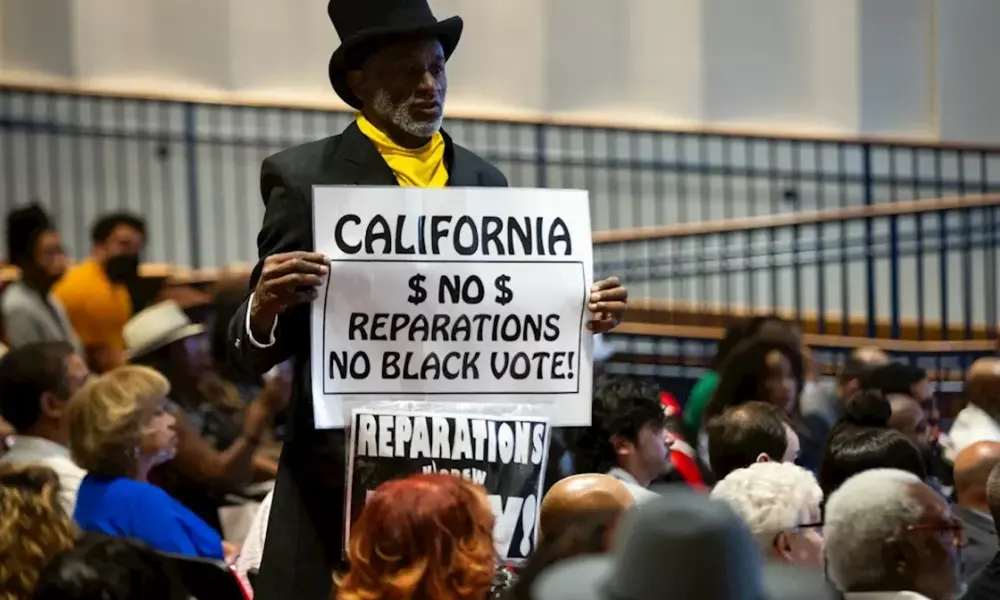Over 31,000 registered nurses and healthcare professionals with Kaiser Permanente in California and Hawaii concluded their five-day strike on Sunday. This action, organized by the United Nurses Associations of California/Union of Health Care Professionals (UNAC/UHCP), focused on critical issues including staffing standards and wage negotiations.
The strike ended as representatives from Kaiser Permanente announced they would resume bargaining on contract terms on October 22-23, 2025. The decision to return to negotiations follows the release of new staffing standards by the Joint Commission, which advocates for improved patient safety and clearer guidelines for healthcare staffing.
According to UNAC/UHCP, the Joint Commission’s updated standards will significantly influence future contract negotiations. These changes elevate safe staffing from a mere employer decision to a matter of national patient safety.
Charmaine S. Morales, President of UNAC/UHCP, emphasized the importance of these new standards, stating, “The Joint Commission has finally said what nurses have known all along: unsafe staffing is unsafe care. Employers like Kaiser can no longer treat staffing like a budget line. It’s now a national patient safety mandate — and UNAC/UHCP will make sure it’s enforced.”
While staffing remains a pivotal issue, Kaiser Permanente has indicated that wages are the primary concern driving the negotiations. The organization expressed its commitment to providing not only competitive wage increases but also enhanced medical plans and retiree benefits. Kaiser aims to balance these enhancements with their obligation to deliver high-quality, affordable care.
As negotiations approach, both parties are preparing to address the pressing concerns raised during the strike. The outcome of these discussions will be crucial for the future of healthcare staffing and the working conditions for nurses and healthcare professionals within the Kaiser system.
The impact of this strike extends beyond the immediate workforce, as it highlights broader issues regarding patient care standards and healthcare economics. The actions taken by the nurses may set a precedent for similar movements across the United States, reflecting a growing demand for safe staffing practices and fair compensation in the healthcare industry.
With the resumption of negotiations on the horizon, stakeholders from both sides are hopeful for a resolution that prioritizes the well-being of healthcare workers and the patients they serve.







